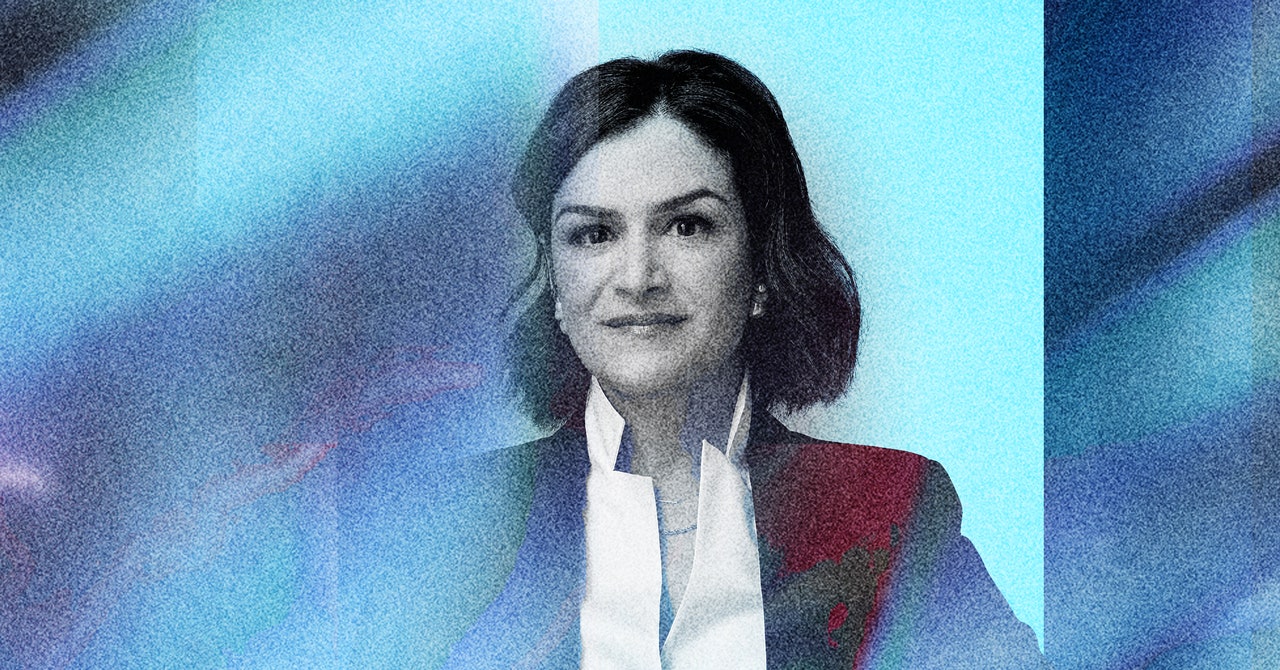Lauren: Interesting.
Sima: But since we say it solves obesity, it’s suddenly a debate.
Lauren: When you say cancel culture, I mean, is that something that plays into your thinking about your posts around Weight Watchers?
Sima: I think it rather played a role in our thinking. Look, I wasn’t there when we changed the name to WW.
Lauren: Mm-hmm.
Sima: But I will say I think a big part of that was a move to wellness, which felt like it would be more appropriate for the times. And you know, when I joined I wanted us to embrace our heritage again and acknowledge our past and be a part of the change moving forward because wellness is about achieving optimal health. And Weight Watchers is aimed at achieving the absence of disease. It’s about functioning optimally and the way we achieve that is through weight loss. Now, once you do, you can strive for optimal health. You can aim for general satisfaction and happiness, but we are not in the happiness business. We’re in the health-related quality of life. And that’s where our focus should be. So, you know, on, I’d say at the risk of that difficult conversation and, and really let everyone who’s at our company know that it’s OK. And honestly, they felt so unlocked and grateful that so many people who come to work at Weight Watchers are there because the program has made an impact on their lives or the lives of their loved ones. You come to work for a company like Weight Watchers because you’re really passionate about this space and what we do and. Before we tried to say, ‘No, no, no, no, no. Look here, we are wellness.”
Lauren: We are wellness. Right.
Sima: We were, we weren’t authentic or true to ourselves and, right. And I, I, I, I think we, well—
Lauren: Wellness was marketed to many people as a solution to many problems that went much deeper than wellness could solve.
Sima: That is, that is absolutely right.
Lauren: You mentioned earlier in the podcast that you are an optimist. What makes you most optimistic these days?
Sima: You know, I look at success metrics around reducing disease, uh, achieving, you know, helping people achieve remission in a chronic condition. Promoting prevention, improving health-related, you know, quality of life indicators, helping marginalized communities have better access to treat and manage and prevent obesity. I feel like there is a paradigm shift going on right now. And we have the ability to kind of use that energy and attention to do good.
Lauren: Sima Sistani, CEO of Weight Watchers, thank you so much for participating, Have a bright future. I hope you have a very bright future.
Sima: I hope you have a very bright future.
[Break]

